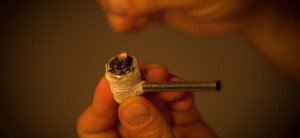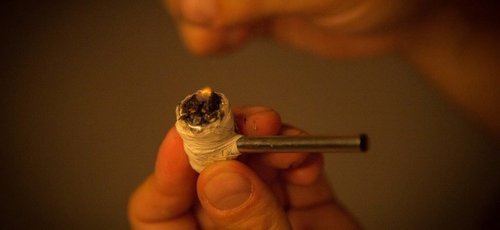Identification of brain functioning mechanisms in cocaine / crack addicts
Coordination: Pedro Eugênio Ferreira, PhD
Members: Breno Sanvicente Vieira, Me .; Alexandre Rosa Franco, PhD ; Rodrigo Grassi-Oliveira, PhD
The study involving 60 users hospitalized in rehabilitation farms with severe dependence, behavioral disorders, low adherence and other problems inherent to the disease. Researchers have the following research problem: was the altered behavior inherent in the drug addict before he was a drug user or is it due to an injury to brain regions caused by abuse of this substance?
Part of the study is the survey of the sociodemographic profile, with the identification of associated psychiatric diseases and behavioral disorders. The second stage consists of investigating, through functional magnetic resonance neuroimaging (fMRI), which regions or brain connections may be altered in these cases. The so-called Theory of Mind is also being applied, which measures the individual's ability to perceive that the other may have a different behavior, thought or idea than his. "This may be in the drug addict's ability to rehabilitate, imagining that his therapist and his family may be disagreeing with him and can create new social skills, including staying drug-free after treatment," says Ferreira.
Throughout the study, the images obtained through the magnetic resonances of drug addicts will be compared with images and questionnaires applied to healthy controls, that is, people who do not consume drugs and who have more or less adequate social behavior. Drug users and controls were matched in gender, age, education and socioeconomic status. These controls are important for assessing that the changes are likely to be due to the use of cocaine / crack.
With a better understanding of what is happening in the brain and psyche of these patients, the researchers intend to change the understanding of the disease and, mainly, to suggest new approaches on farms for drug addicts. "In addition, it is necessary to publish the articles for the dissemination of results, proposing that other professionals in the area have a new attitude towards these drug addicts and perhaps the results are more encouraging than they have been up to now", points out the coordinator.
According to the latest National Survey of Alcohol and Drugs (LENAD), Brazil represents 20% of the world consumption of crack and cocaine.



